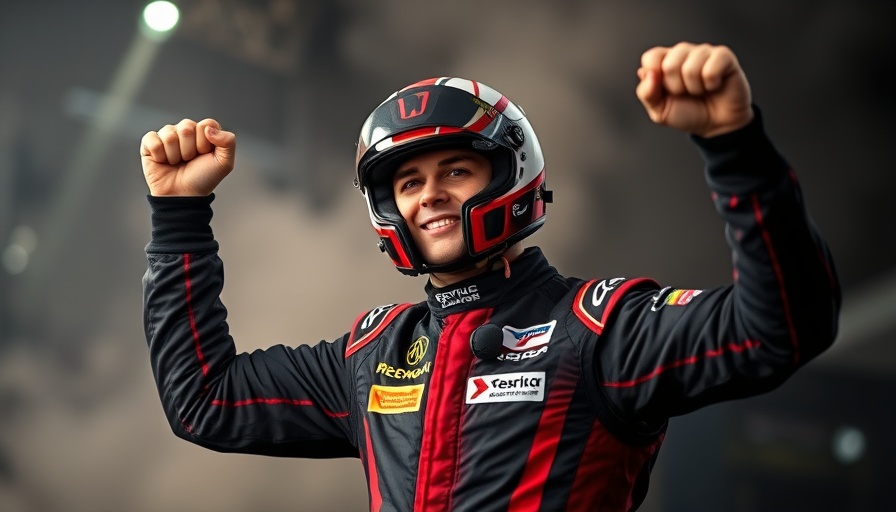
Ty Dillon's Heated Outburst at NASCAR's All-Star Open: The Background
This past weekend, Ty Dillon made headlines at the NASCAR All-Star Open race, not just for his performance on the track but for a confrontation with fellow driver Christopher Bell. Following an intense match that saw Bell claim victory, tensions flared when Dillon expressed dissatisfaction with Bell's aggressive racing tactics. Dillon's comments and his subsequent threat to retaliate have sparked discussions about driver conduct and the competitive nature of racing.
A Deeper Dive: What Led to the Confrontation?
The altercation drew attention from fans and media alike. During the chaotic race, Bell's driving style was described as aggressive, leading to a few near-collisions with Dillon and other racers. Such incidents are often par for the course in NASCAR, where high speeds and narrow margins create opportunities for both heroics and mishaps. However, Dillon's willingness to voice his frustrations publicly raises questions about how drivers handle rivalry and competition in today's racing environment.
NASCAR Rivalries: Historical Context and Contemporary Impact
The world of NASCAR has historically been rife with rivalries, often boiling over into public feuds. Legendary drivers such as Dale Earnhardt and Jeff Gordon had moments that spurred headlines and captivated audiences. Today's drivers, including Dillon and Bell, navigate this legacy while also being mindful of the sport's evolution, including the influence of social media on their reputations and relationships. As drivers like Dillon engage more openly in conflict, they risk reigniting the fire that could mold public perception of the sport.
Expectations for Future Races: Will Tension Affect Performance?
With Dillon's threats escalating expectations for future encounters, how will this rivalry affect their performances in subsequent races? Will it lead to more aggressive racing styles or perhaps a recalibration of strategies on the part of both drivers? For fans, this unfolding narrative adds layers of intrigue to upcoming events. However, it is essential for both drivers to realize that while rivalries can enhance viewership, they come with risks that can impact their careers and reputations.
Emotional Reaction and Public Perception
Fans and pundits alike have mixed feelings about Dillon's outburst, with opinions divided between those who support his vocal stand against perceived unfairness and those who criticize him for not handling his frustration privately. Social media reactions reflect this dichotomy, showcasing a wide array of perspectives on how drivers should manage their rivalries and frustrations. This debate also offers a unique insight into how emotional reactions can shape public perception of athletes and their conduct.
Conclusion: Moving Forward After the Fallout
As NASCAR looks ahead to future races, the incident between Ty Dillon and Christopher Bell will linger in the minds of fans and competitors. The question remains: will we see a more cautious approach from Dillon or a fierce retaliation on the racetrack? One thing is clear: this rivalry is a prime example of the intense emotions involved in competitive sports, highlighting the delicate balance between aggression and sportsmanship. As fans, staying tuned to how this narrative unfolds will be essential. Let's discuss how these events affect not only the drivers involved but also the sport as a whole!
 Add Element
Add Element  Add Row
Add Row 



Write A Comment